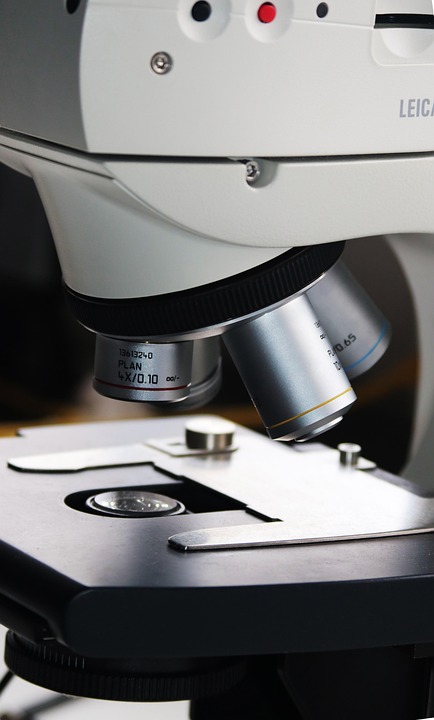Crafting a standout CV as a Laboratory Analyst is no trivial task. It requires not only an understanding of your skills and experience but also insight into how to present them in a compelling manner. The laboratory sector is highly competitive, and your CV needs to reflect both your technical expertise and your ability to communicate effectively. Here’s how to create a CV that will catch the eye of hiring managers.
1. Personal Statement: Your Professional Snapshot
Begin your CV with a personal statement that encapsulates who you are as a professional. This isn’t merely a summary of your qualifications; it’s a snapshot that should convey your passion for laboratory work and your career ambitions. Aim for a concise paragraph, around 4-5 sentences, that highlights your key achievements and your unique selling points. For instance, if you specialise in microbiology or analytical chemistry, make sure to mention it here.
2. Relevant Experience: Show, Don’t Just Tell
When it comes to work experience, clarity and relevance are paramount. List your previous positions in reverse chronological order, ensuring that you detail not just your responsibilities but also your accomplishments. Use bullet points to make it easier for recruiters to skim through your experience. Consider quantifying your achievements; for example:
- Conducted over 100 tests per week, maintaining a 98% accuracy rate.
- Streamlined the sample processing procedure, reducing turnaround time by 20%.
This approach not only showcases your abilities but also provides tangible evidence of your contributions.
3. Education and Qualifications: The Foundation of Your Expertise
Your educational background is crucial, particularly in a field that relies heavily on technical knowledge. Include your degree(s), relevant certifications, and any additional training courses. If you graduated with honours or received special recognition, don’t hesitate to highlight that. In a profession where precision is paramount, demonstrating your academic prowess can set you apart from the competition.
4. Skills Section: Tailor to the Job Description
In today’s job market, tailoring your CV to the job description is essential. Create a skills section that aligns with the requirements listed in the job posting. Include both technical skills, such as proficiency in using specific laboratory equipment or software, and soft skills like analytical thinking and teamwork. This not only shows your suitability for the role but also indicates that you have taken the time to understand what the employer is looking for.
5. Professional Affiliations and Continuous Development
If you’re a member of any professional bodies or relevant organisations, include this information. Being part of associations such as the Royal Society of Chemistry or similar can lend credibility to your profile. Furthermore, highlight any ongoing professional development activities, such as workshops or seminars you’ve attended, to illustrate your commitment to staying current in the field.
Crafting Your Final Touches
The layout of your CV should be clean and professional, with consistent formatting throughout. Use clear headings, a readable font, and sufficient white space to enhance readability. Avoid cluttering your CV with unnecessary information; focus on quality over quantity. Remember, less can indeed be more.
With a well-structured and thoughtfully crafted CV, you can effectively convey your qualifications and enthusiasm for the role of Laboratory Analyst. A standout CV is not merely a list of your accomplishments; it is a narrative that connects your past experiences to your future aspirations.
As you embark on your job application journey, remember that CVPortal is dedicated to providing you with high-quality CV references to assist you in making a lasting impression. Embrace the opportunity to showcase your skills and secure that coveted position in the laboratory industry.


